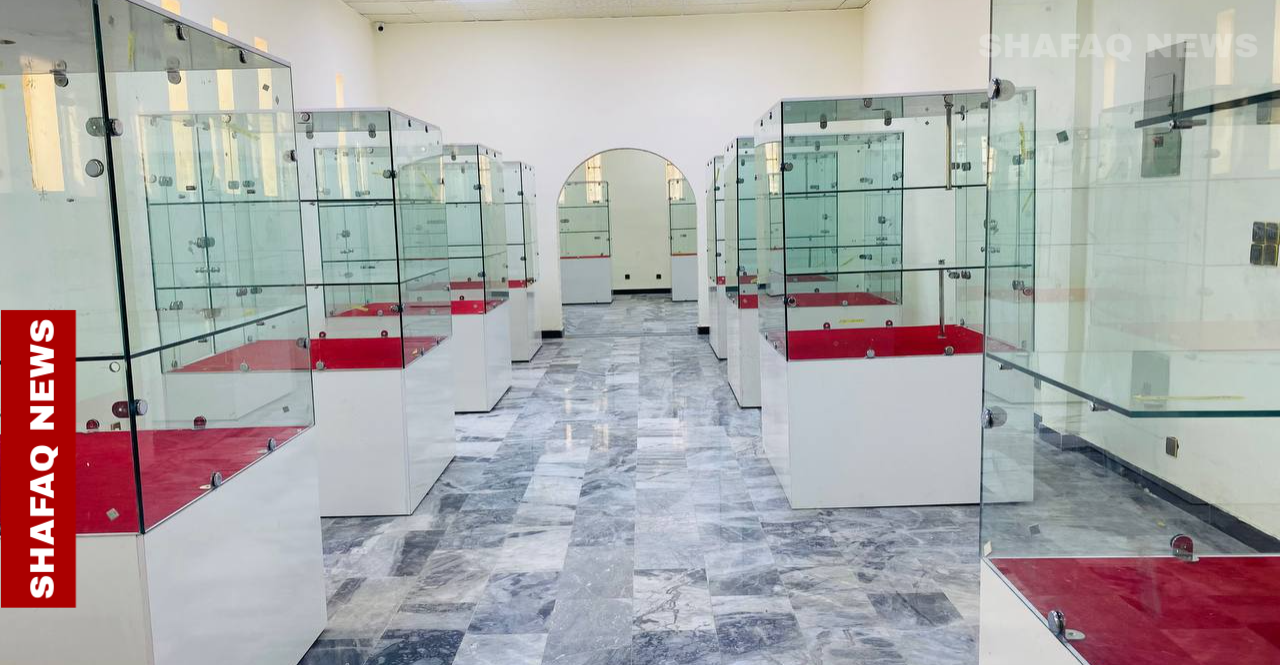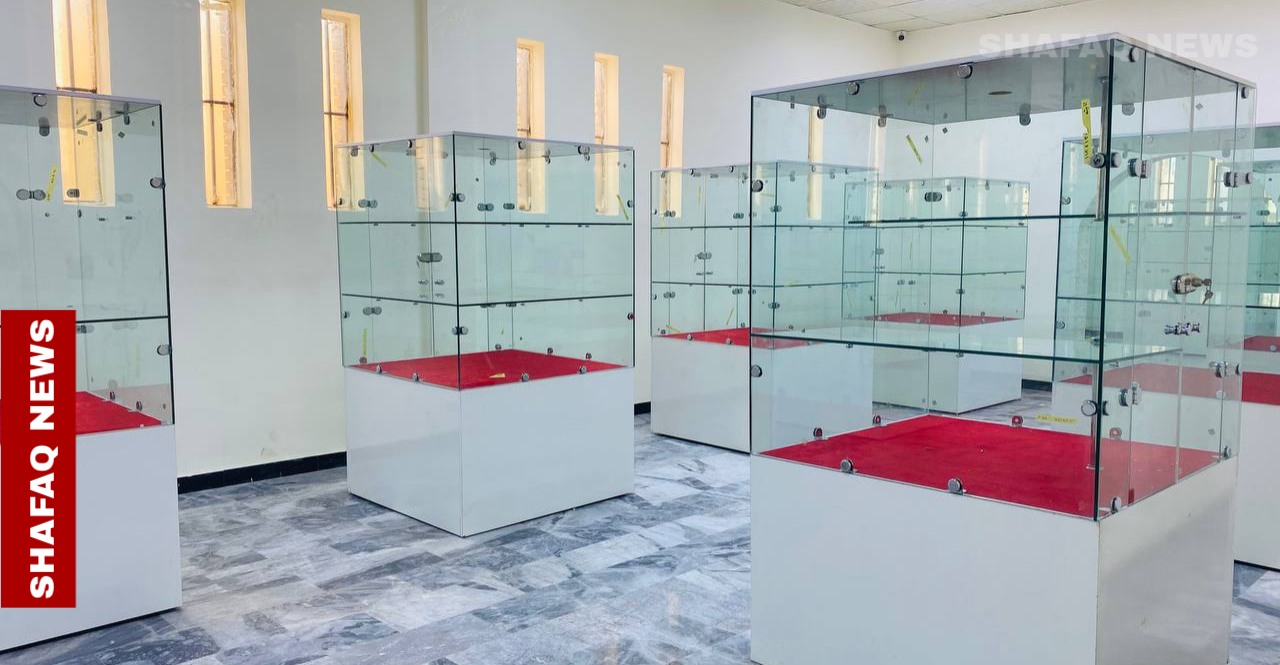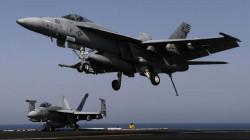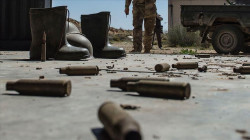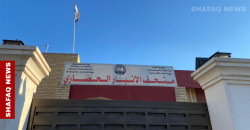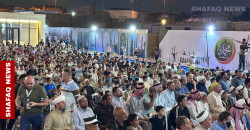Al-Anbar Cultural Museum nears opening, awaits artifact transfer
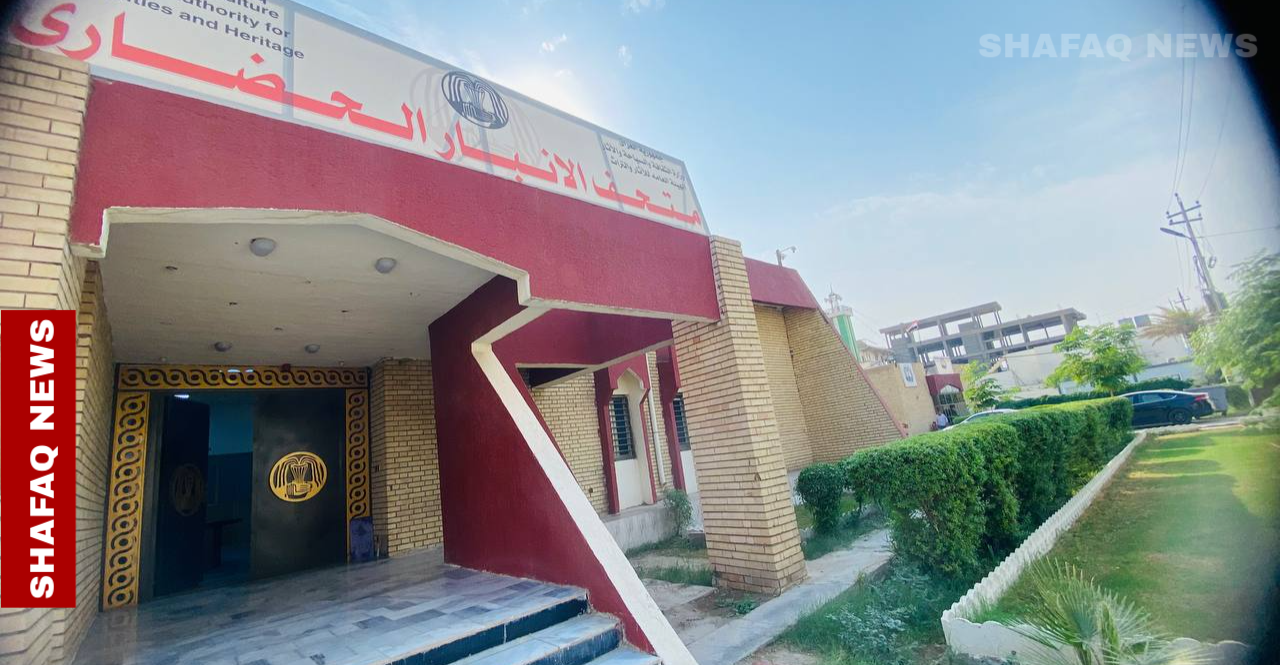
Shafaq News/ After years of restoration and preparation, the Al-Anbar Cultural Museum is on the verge of reopening, marking a major milestone in preserving the province's rich cultural and historical heritage.
However, the museum’s inauguration remains pending due to delays in obtaining official approvals for the transfer of over 500 artifacts from the National Museum.
The museum, located in Ramadi, was heavily damaged during the ISIS occupation of Al-Anbar in 2014, with over 50% of its structure destroyed in military operations.
Speaking to Shafaq News Agency, Ammar Ali Hamadi, Director of the Al-Anbar Antiquities and Heritage Inspectorate, explained, “The museum suffered extensive destruction during ISIS’s terrorist attacks. After the province’s liberation, cleanup, and reconstruction efforts began to restore this vital cultural institution.”
“Restoration was carried out in phases, starting in 2020 and concluding in 2022,” Hamadi clarified, further stating that restoration efforts included repairing the building’s structure, upgrading infrastructure systems, and installing modern security features such as surveillance cameras, fire suppression systems, and central heating and cooling.
“The museum is now fully equipped to house its collection of artifacts,” he said.
While the museum is physically ready, the transfer of artifacts remains the primary hurdle. Hamadi noted that logistical preparations, including packing the artifacts in over 20 secure metal boxes, were completed at the end of 2024. “We are now awaiting the final approvals to move these items from the National Museum to Al-Anbar,” he said.
Hamadi highlighted the provincial government’s commitment to securing the museum and organizing its opening in collaboration with the Al-Anbar Education Directorate and Al-Anbar University. He emphasized the museum’s potential as an educational and cultural landmark, “introducing future generations to the historical identity of Al-Anbar.”
Historian Saad Al-Alousi described the museum as more than a collection of artifacts. “The Al-Anbar Museum is a historical archive that chronicles the evolution of civilizations that shaped this region, from ancient times to the Islamic period,” he said.
Al-Alousi stressed the importance of the museum in educating younger generations about the value of preserving Iraq’s national heritage.
“The museum will serve as an educational center for students and a destination for researchers and visitors,” Al-Alousi added. “It will strengthen the connection between the people of Al-Anbar and their cultural identity.”
Al-Alousi called for increased support to ensure the museum’s timely opening and the security measures necessary to protect its treasures.
“Preserving the museum is a national duty that highlights the cultural and historical significance of Al-Anbar to the world,” he concluded.
The museum’s collection includes over 500 artifacts representing Al-Anbar’s unique historical identity, as well as shared cultural eras with other regions of Iraq. Many pieces originate from the ancient city of Eita near modern-day Hit, which dates back over 7,000 years. Additional items span various historical periods, including Sumerian, Babylonian, and Islamic eras.
Previously, the museum also housed precious manuscripts, artistic works, pottery, and gold and silver artifacts, as well as relics from the Abbasid era, when Al-Anbar served as a key political and cultural hub. Many of these artifacts were looted by ISIS to fund its operations.
